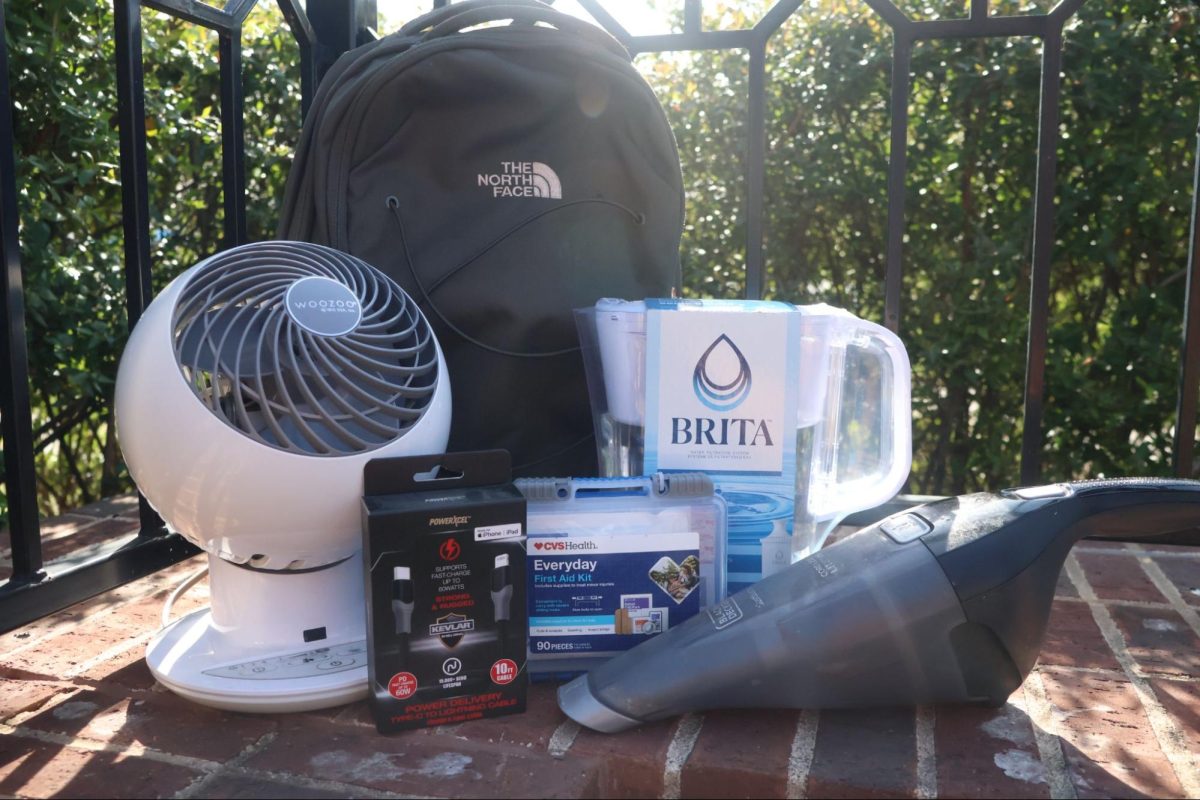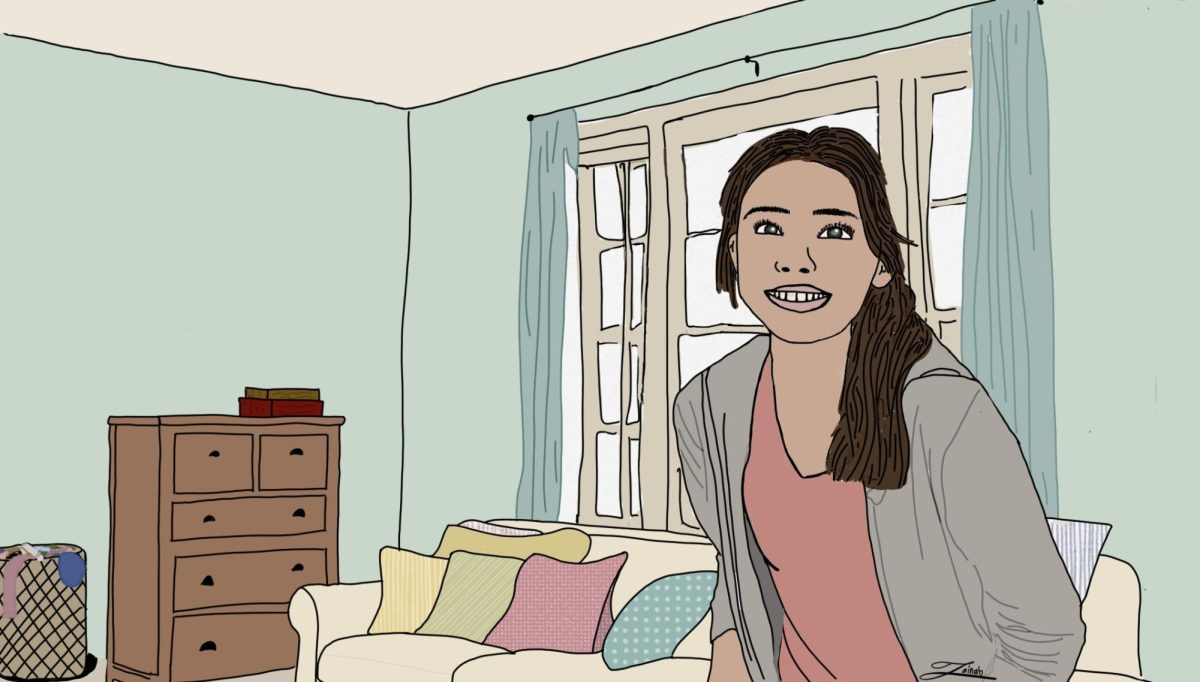
(Safiya Azam)
A reflection of boils mars my face, red bubbles laying in wait under my skin, the morning of Homecoming. These annoying pustules never seem to go away, and despite the skincare routines, they recur. So what’s the issue?
What you put in your body may make a difference to the recurrence of acne.
Nutrition and diet
A rite of passage for many teens, breakouts are a common phenomenon. Skincare routines merely keep acne at bay by reducing symptoms, but at times this is not enough. Acne is largely hormonal, but some studies suggest that food could be tied to acne outbreaks.
“I saw a big change in my acne once I started drinking water and exercising more,” Coppell High School Dermatology Club president Aditi Rathod said. “Once I cut my sugar intake by half, a lot of the acne on my cheeks and nose went away.”
A study found 87% of participants placed on a low-glycemic diet reported having less acne, and 91% felt they didn’t use skin treatments as often. Setting unrealistic expectations on diet, however, may increase self-consciousness. When changing diet to combat acne, do not feel the need to cut out sweet treats or comfort meals completely.
“I definitely continued to eat some unhealthy foods,” Rathod said. “I just decreased the portion by a lot. I did a lot of healthy alternatives, like instead of eggs I used applesauce and yogurt. I got the same pleasure, but the health benefits are better.”
Despite the few studies, diet and acne do not display a causative relationship; they are rather moderately linked.
“There hasn’t been any strong link between diet and acne in particular,” CHS school nurse Brittany Logan said. “A lot of the time with teenagers, acne is caused by all the hormonal changes and not having access to a good skincare regimen.”
Hormones
Hormones are the main cause of acne, especially in teenagers. Hormone fluctuations occur for many reasons, but the most controllable factor is a dreaded word amongst adolescents–stress.
Stress can manifest in bubbling acne, but using proper skincare and makeup brands can alleviate this presentation. One way to screen what makeup products work for your skin type is to experiment with them.
“I test it on my arm first and then I do my neck, just to make sure I don’t have any irritation,” Rathod said. “Once you do it on your face, it’s a lot harder to get rid of than any other part of your body.”
As we gain more knowledge about skincare, practicing those regimens becomes less stigmatized. This generation, according to Logan, embraces skincare, and its confidence encourages others to do the same.
“This age group has started wearing the pimple patches,” Logan said. “When they first came out it was one of those things where you put one on but didn’t want anybody to see it, but kids come in with stickers all over their face and [they do not care how they appear].”
Mental health
Acne is one of many factors playing into our sense of self-perception and self-esteem. A data review found that overall, acne has a negative impact on self-esteem and can leave psychological scars. To combat this, take the time to engage in mindful activities like self affirmations, and seek support from your peers in places like the school’s dermatology club.
“If you want to talk about any skin issues you have and want a safe environment to talk about your skin, we usually do,” Rathod said. “We do group efforts where we just help each other get over a skin problem or health problem.”
Follow @CHSCampusNews on X.










